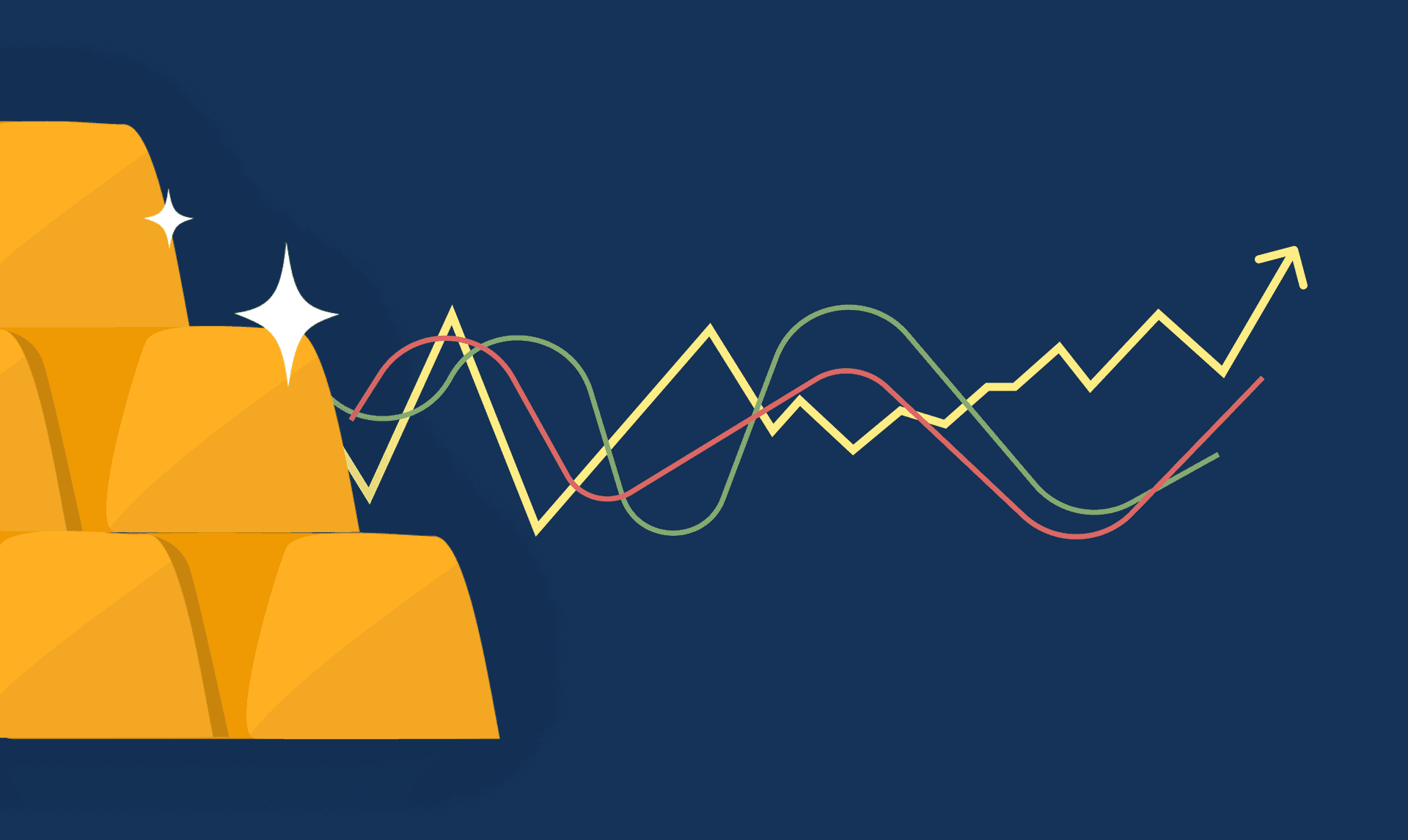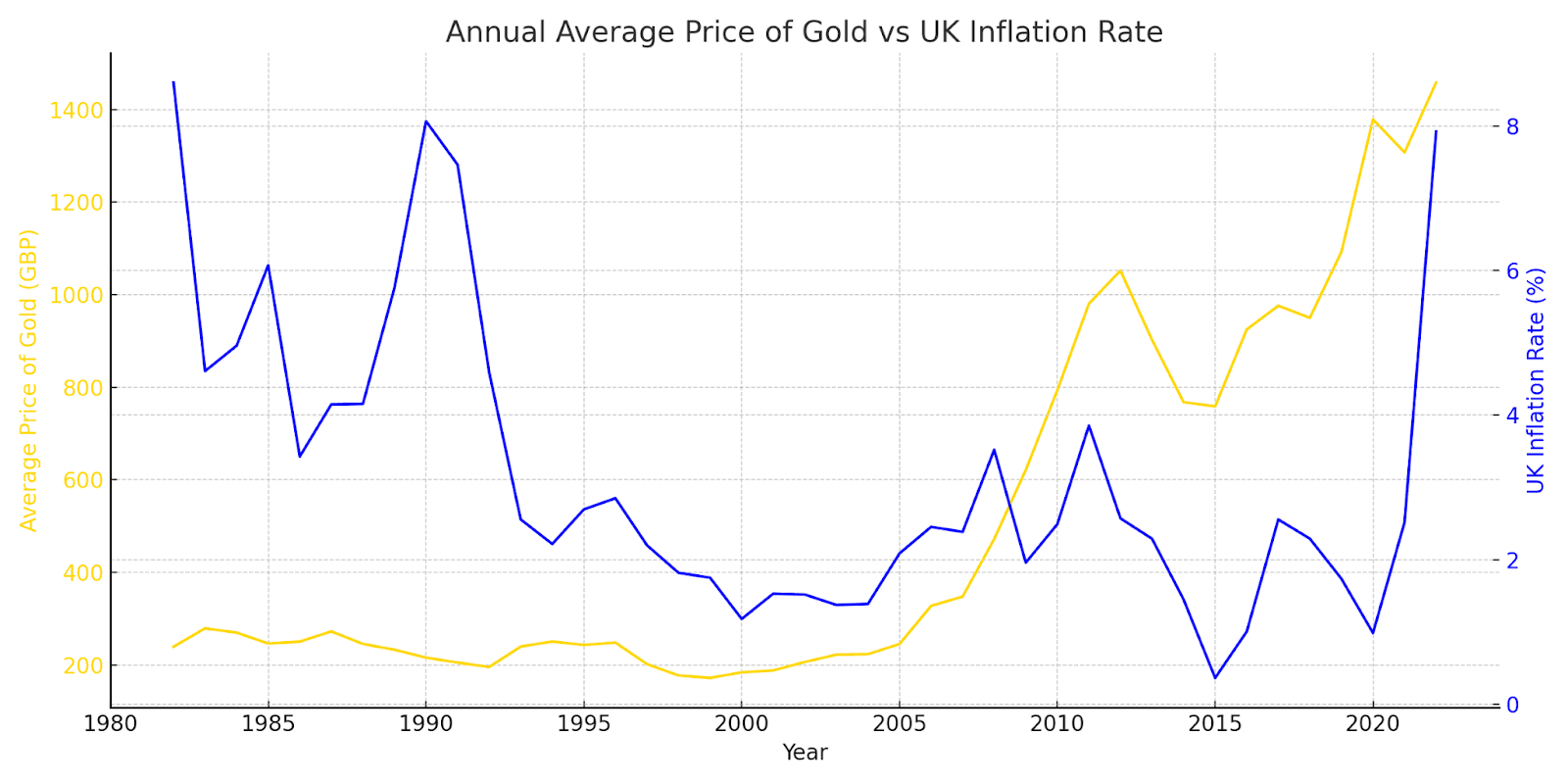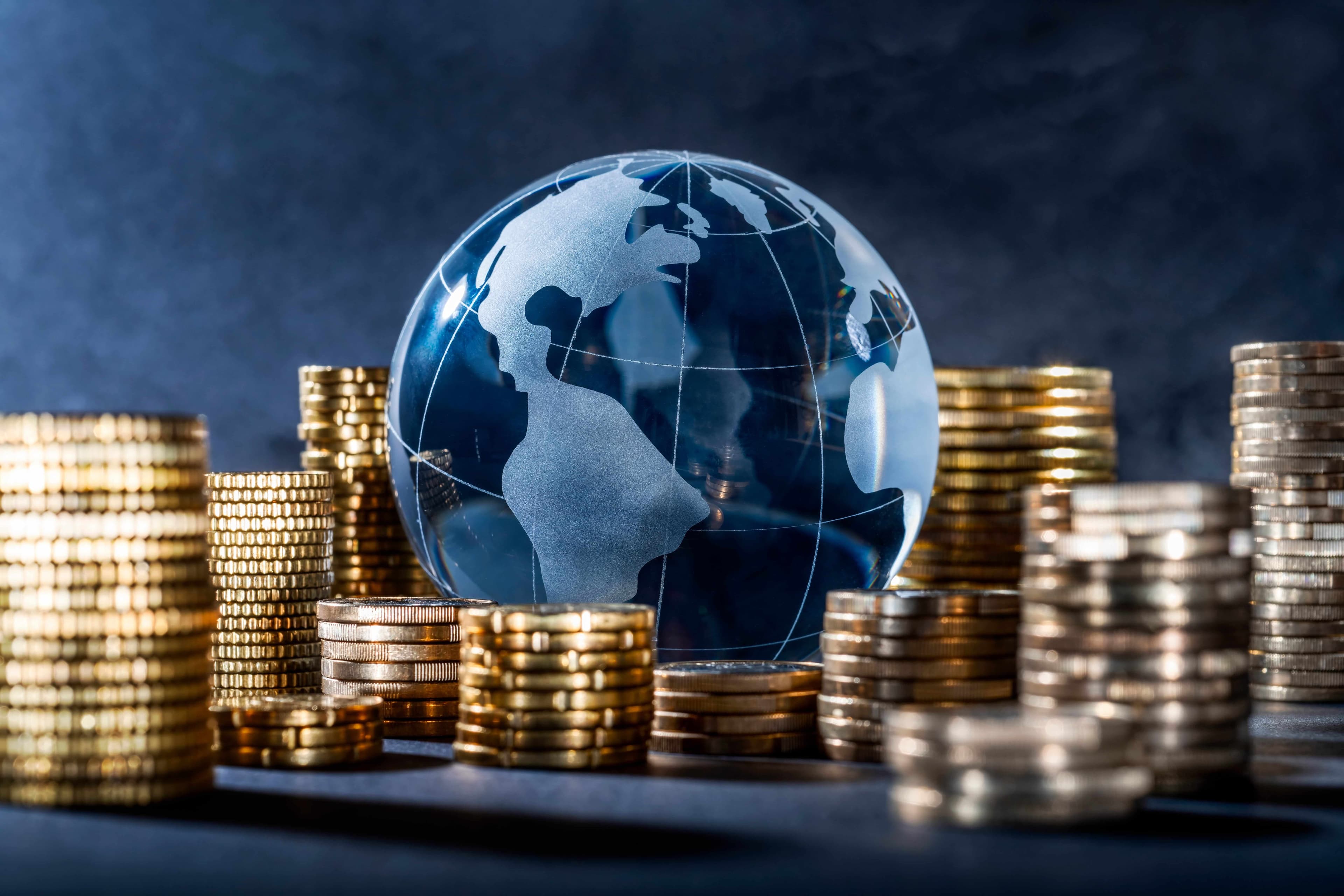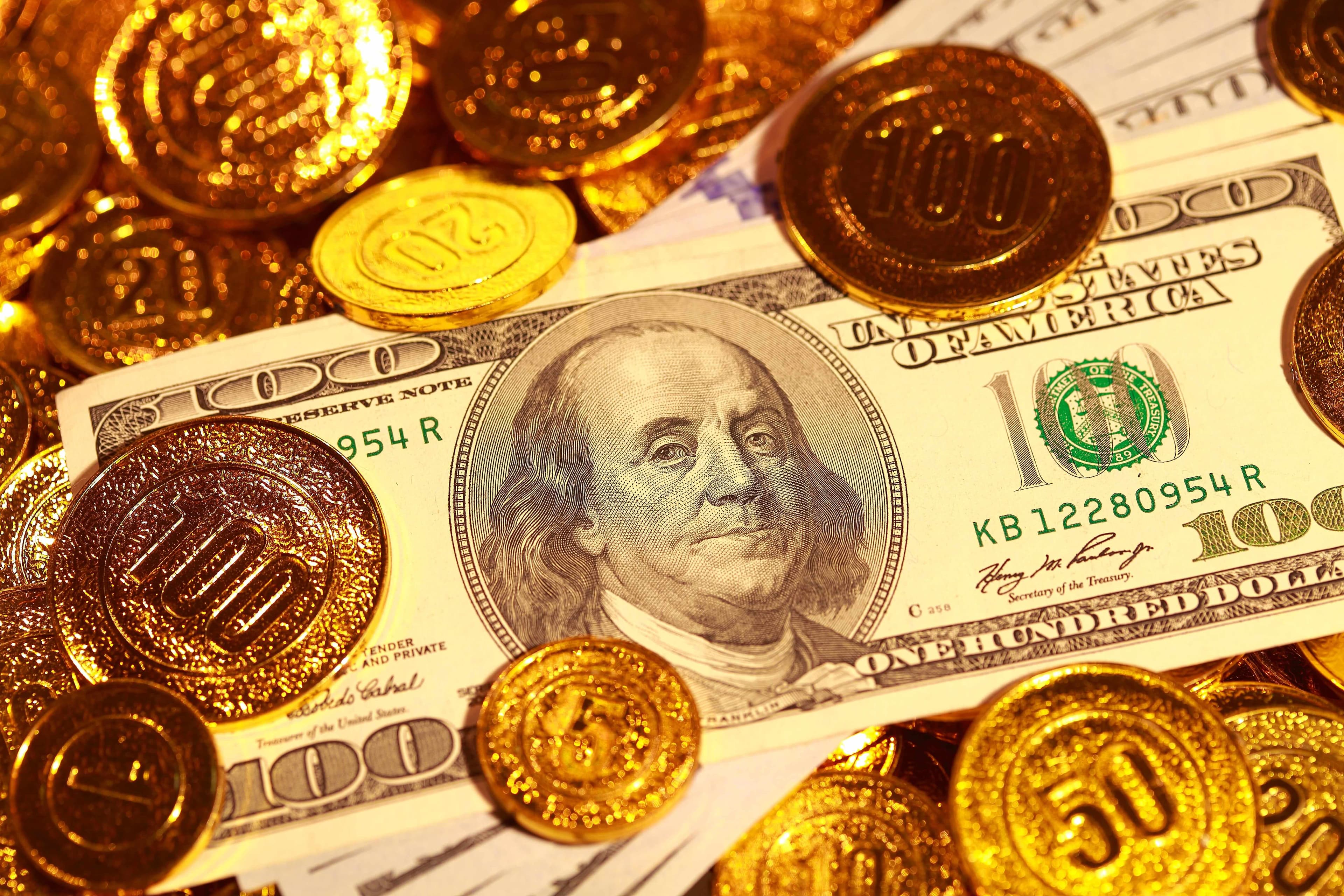The Importance of Gold in the Economy: Why It Matters and How It Impacts Financial Stability

Understanding the role of gold in the economy is essential for anyone investing in precious metals. We demystify its impact and what to look out for.








Understanding the role of gold in the economy is essential for anyone investing in precious metals. We demystify its impact and what to look out for.






